Samii Bedessa Lot#1
COUNTRY:
Ethiopia
REGION:
Hambela Wamena, Guji
PRODUCERS:
Various smallholders
VARIETAL(S):
Local Heirloom 74110, 74112
PROCESS:
Washed
ALTITUDE:
2100-2200 MASL
CUPPING NOTES:
Delicate Florals And Juicy, With Notes Of Jasmin And A Bright Tropical Orange & Mango Punch.
Additional Info
There is no doubt that Ethiopia takes coffee quality seriously, and SamIi Bedessa #1 proves that. The cupping score of 87.5 speaks for itself.
It is a washed coffee, so if you are looking for juicy coffees and rich flavour notes, you will surely like this one.
Every time this coffee is brewed, people line up with their glasses, eagerly waiting to try it.
Sammi Bedessa #1 hails from Ethiopia, a country that has emerged as a favorite among many roasteries. It is produced at Hambela Bedessa Washing Station, located in Hambela Wamena, a well-known part of Guji that emerged from the privatization of coffee in Ethiopia in 2017, that’s consistently delivered expressive and flavour intensive profiles.
Interesting facts:
* Harvest started in all the major growing areas of Ethiopia early November.
* Farms area located above 2000 masl.
* The soil type is red clay loam and fertile rich forest.
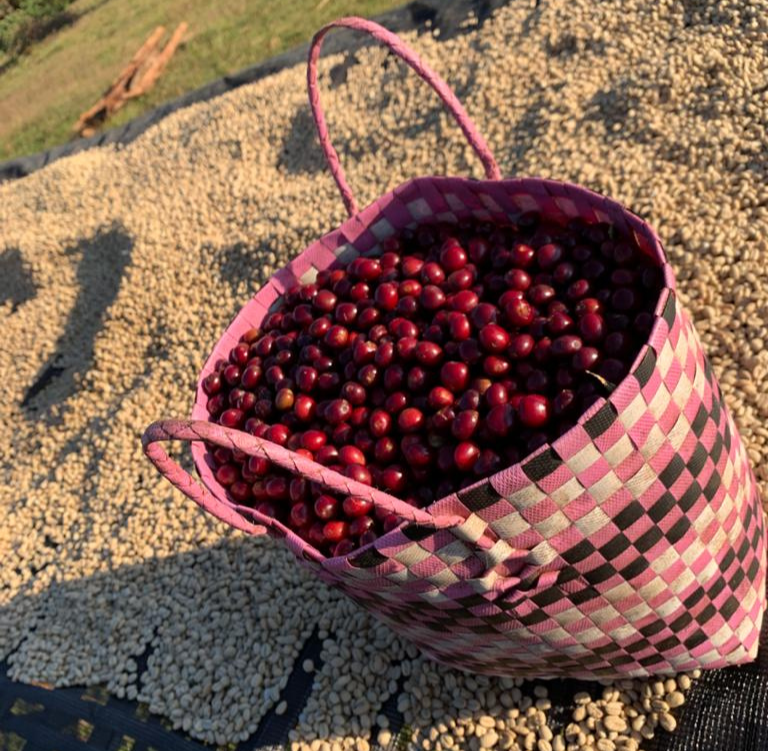
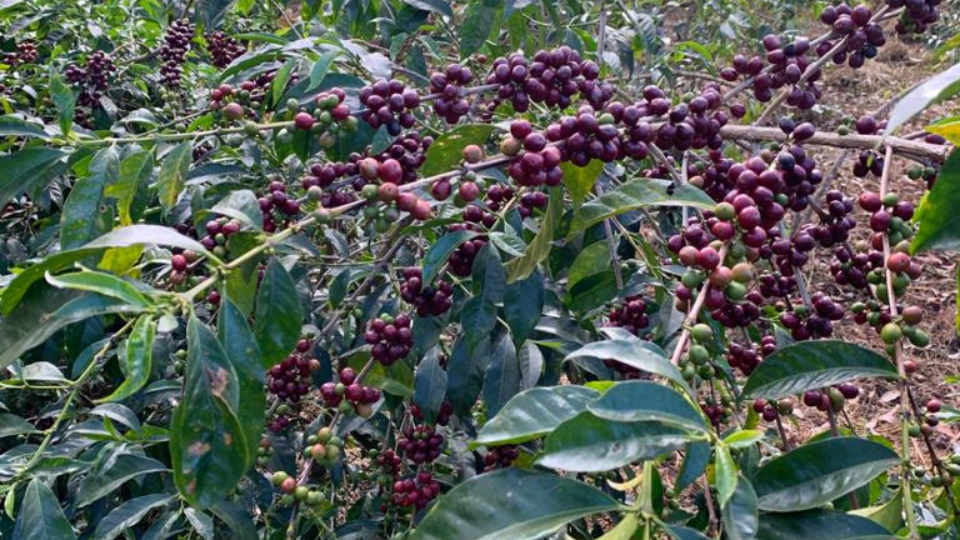
Those behind its success
Asnake Kasa is the founder of Power Coffee Trading, and a specialist in specialty coffee. He has worked across a variety of areas including cupping, agronomy, farmer training, sustainability, quality control, export coordination, logistics, and many others.
His attention to detail and processing skills bring out the true flavours and potential of Ethiopian coffee.
How is it processed?
1. Cherries are collected manually and hand sorted later.
2. The cherries are pulped by a traditional Agaarde Discpulper. Skin and fruit pulp are removed before the machine grades the parchment in water as 1st or 2nd quality, determined by density.
3. Wet fermentation for 72 hours.
4. Coffees are washed in channels, and graded in water by density.
5. After fermentation, soaking takes place for 2 hours.
6. Coffee is then piled up in layers which are 2 cm in height and dried over a 10-day period, then followed by hand sorting for 2-4 hours.
7. After drying, the coffees will be packed in jute bags and stored in the local warehouse onsite, separated by process and grade. This process helps condition the coffee and achieve a more uniform humidity.
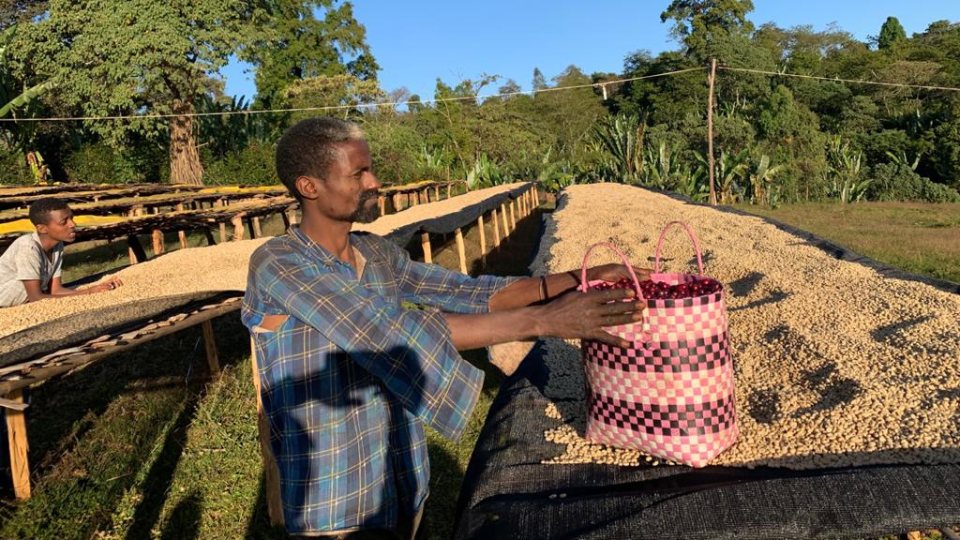

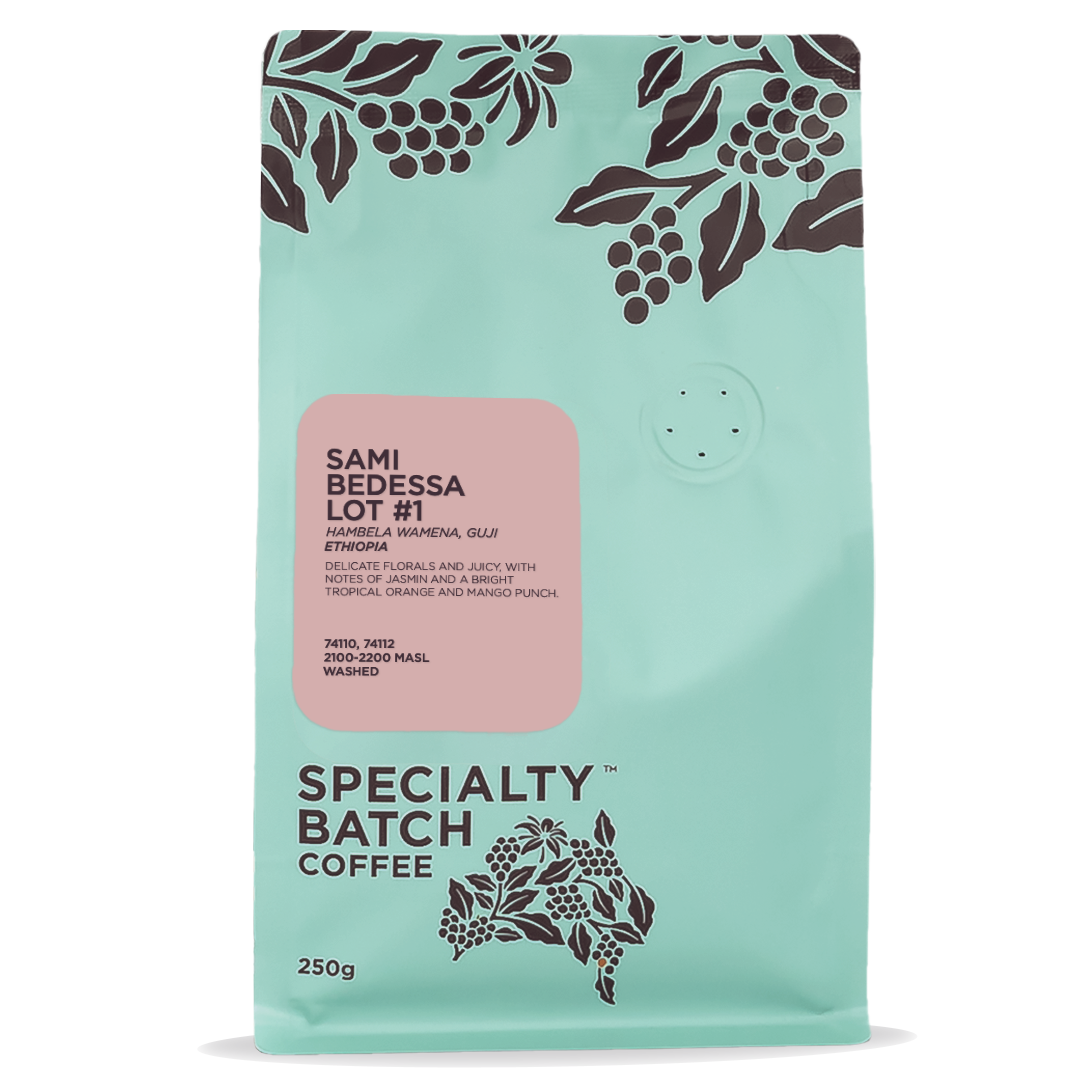
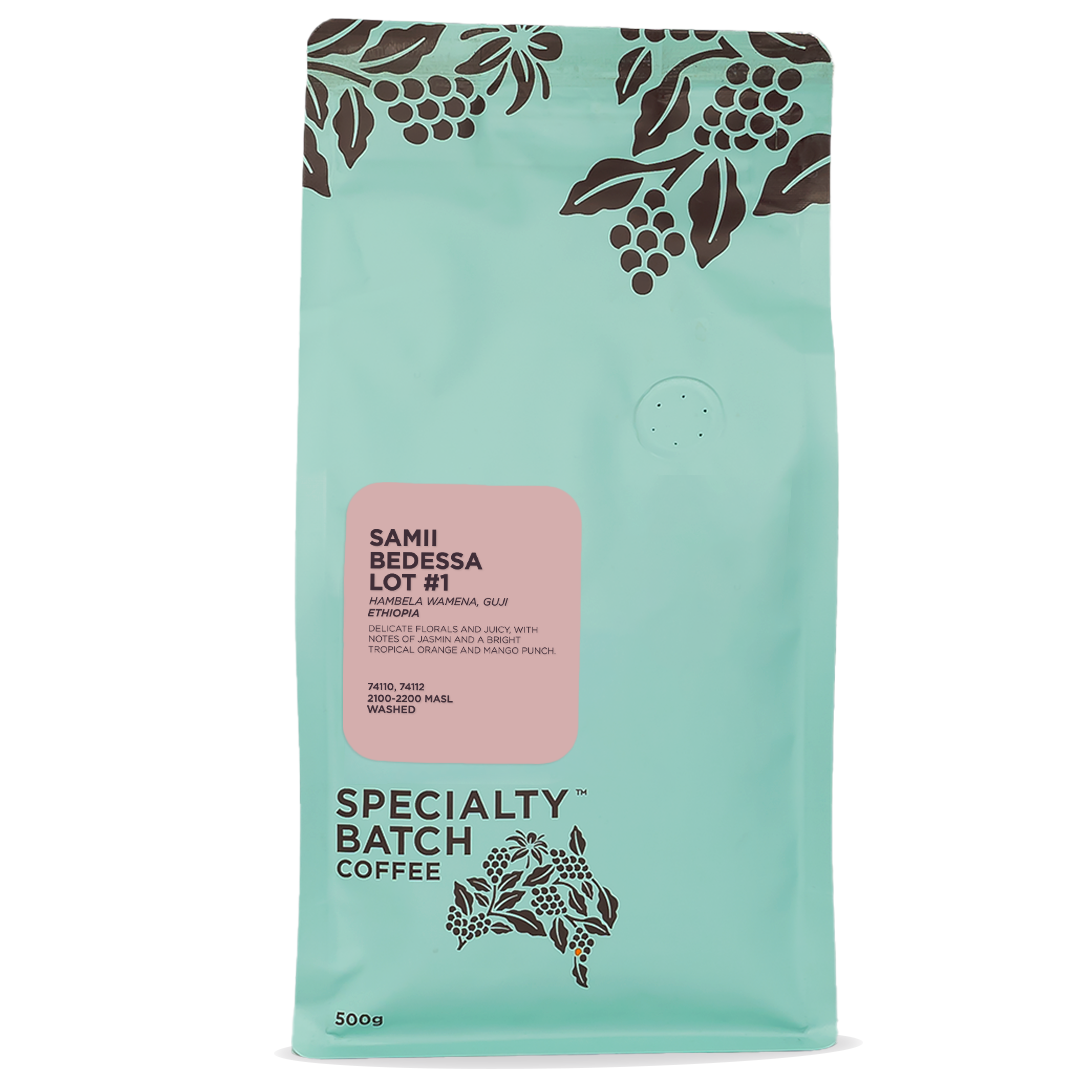
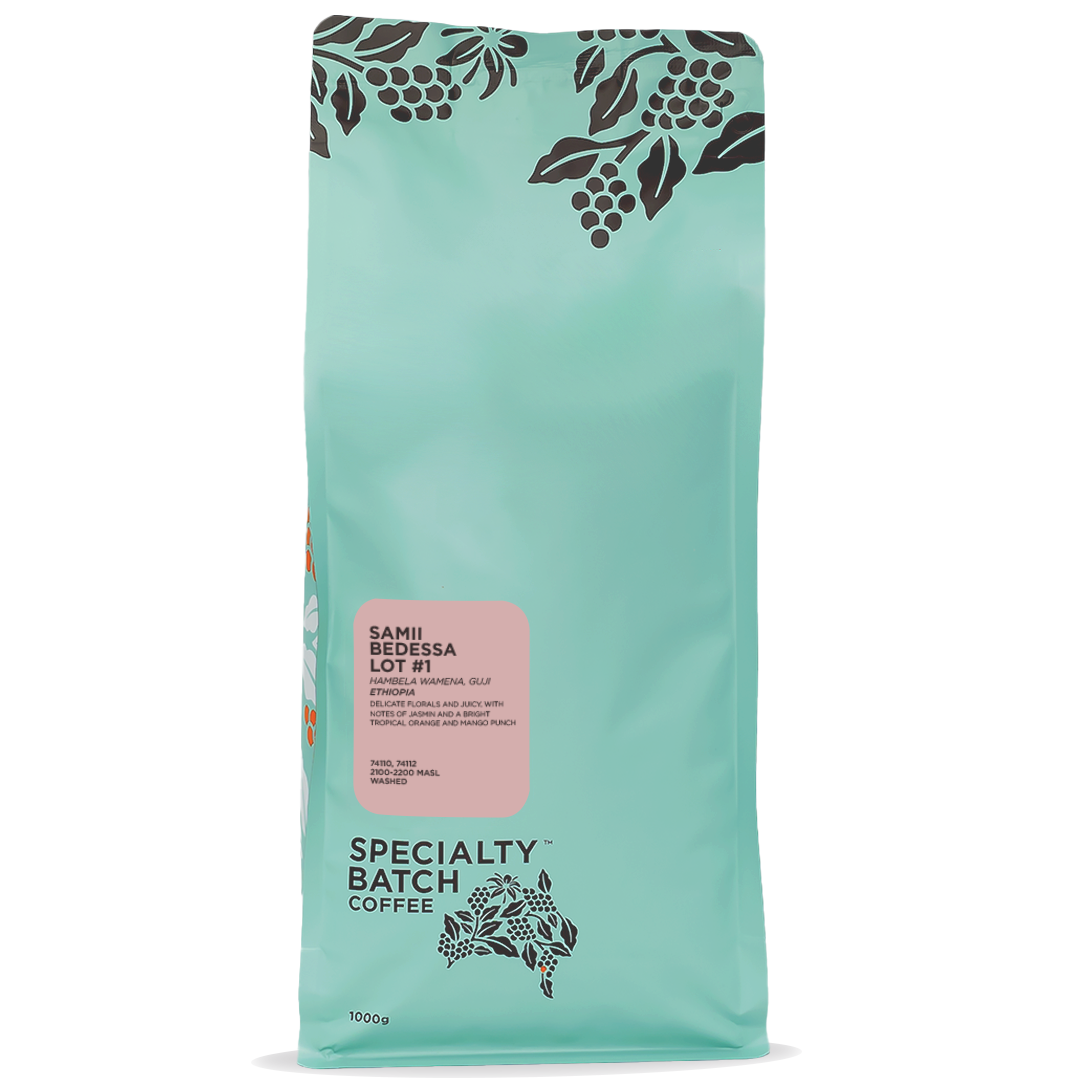

Reviews
There are no reviews yet.